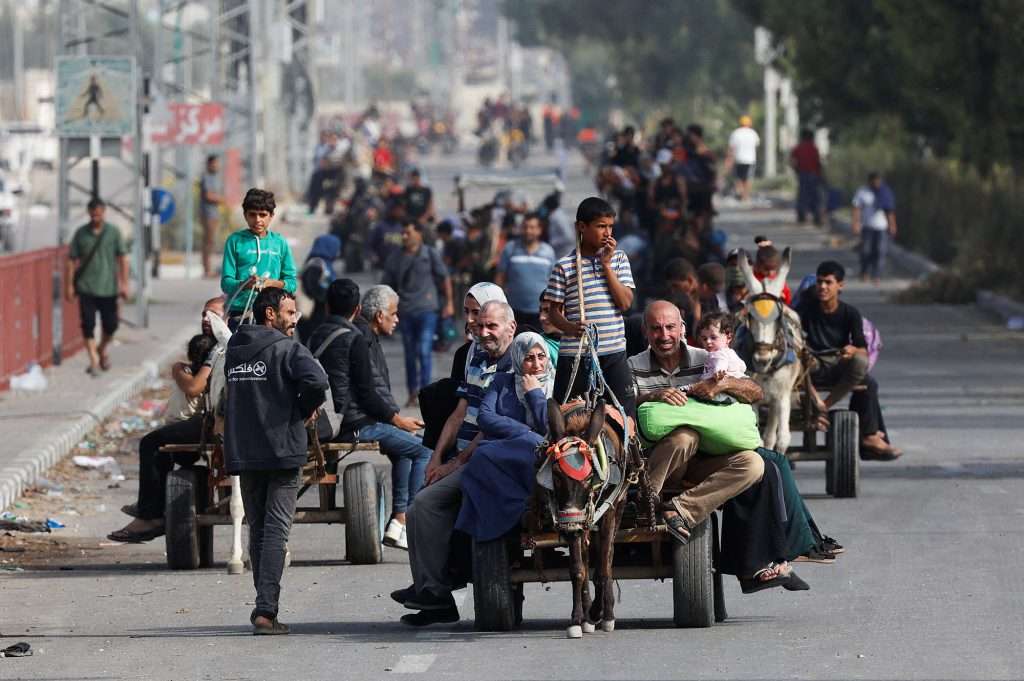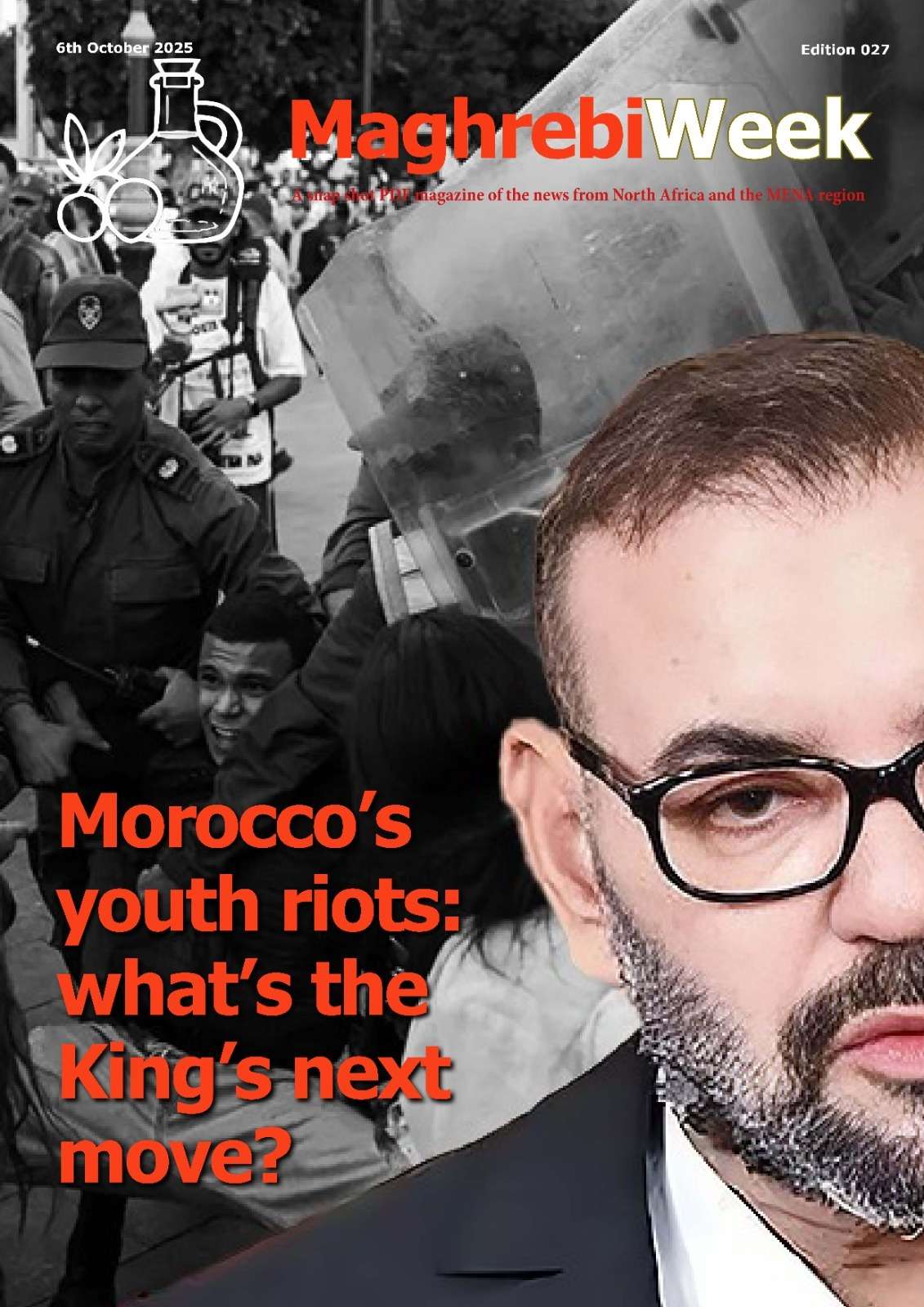Gaza faces generational poverty crisis, World Bank says

Poverty in Gaza may persist across generations because of ongoing child malnutrition and a widening mental health crisis that have deepened since the war began in 2023.
The World Bank’s chief economist for the Middle East, North Africa, Afghanistan and Pakistan sounded the alarm about an intergenerational disaster unfolding in the enclave, as reported by The National on October 7th.
Two years after Hamas’s deadly assault on Israel triggered the Gaza conflict, food price inflation has soared, fuelled by the devastation of Gaza’s agriculture and severe limits on humanitarian entry. According to the Integrated Food Security Phase Classification (IPC), approximately 132,000 children under five are projected to face acute malnutrition by June next year.

“The impact of food inflation on child malnutrition, especially between birth and age five, has repercussions over a lifetime,” said Roberta Gatti, the chief economist, after the World Bank issued its latest regional economic update. The World Bank said that the situation could lead to irreversible cognitive defects and heightened disease susceptibility — undermining productivity.
At present, over 640,000 people in Gaza are estimated to face catastrophic food insecurity, with a further 1.14 million in a food crisis. Gaza is enduring a child starvation crisis under the blockade, with at least 66,000 children already severely malnourished, according to the UN agency for Palestinian refugees (UNRWA).
“There’s also a mental health crisis that is ongoing in Gaza that will affect not only this generation, but can have repercussion over generations,” Gatti added. She pointed to mounting evidence that trauma and poverty form a destructive cycle, passing burdens from parent to child.
Gaza’s economy, heavily battered, contracted by 83% in 2024. In the first quarter of 2025 it shrank by 12%. Infrastructure lies in ruins, and reconstruction needs are estimated at over $53 billion.
The war’s impact is not confined to Gaza. In the West Bank, economic activity has slowed, in part because many Palestinians lost permits to work in Israel. The World Bank predicts the combined West Bank–Gaza economy will grow by 3.9% this year, narrowly recovering from a 27% decline last year.
Neighboring countries are feeling pressure too. Egypt, for example, reportedly lost around $11 billion in revenue and foreign exchange between December 2023 and July this year, as shipping routes shifted away from the Red Sea. Gatti stressed that while regional trade links are limited, the conflict’s ripple effects are real. Displacement and instability persist.
Afghanistan has seen 1.5 to 2.1 million returnees in the first seven months of 2025, according to the World Bank, exacerbating stress on its economy and labour market. In Syria, roughly 2.6 million people returned home by the end of August following the fall of former leader, Bashar al-Assad, burdening infrastructure.
Despite these grim realities, Gatti expressed cautious optimism, with a modest boost in the World Bank’s MENA growth forecast to 2.8% — which is up by 0.2% from its April forecast. The Gulf economies are expected to grow faster (4.8%), partly due to diversification.
Still, she emphasised that the region’s potential remains hampered by low female labour participation — around 20% in the MENA region — far below international averages. She called for a greater inclusion of women in economic life, saying it is “money left on the table.” She said that over time, boosting women’s roles in work could strengthen healthcare, pensions, and long-term growth. Gatti concluded that conflict “continues to cast a shadow.”
As Gaza struggles with collapsing services, food shortages, and emotional trauma, the risk is that today’s children will carry these wounds — and poverty — into the future.
The National, Maghrebi.org
Want to chase the pulse of North Africa?
Subscribe to receive our FREE weekly PDF magazine














